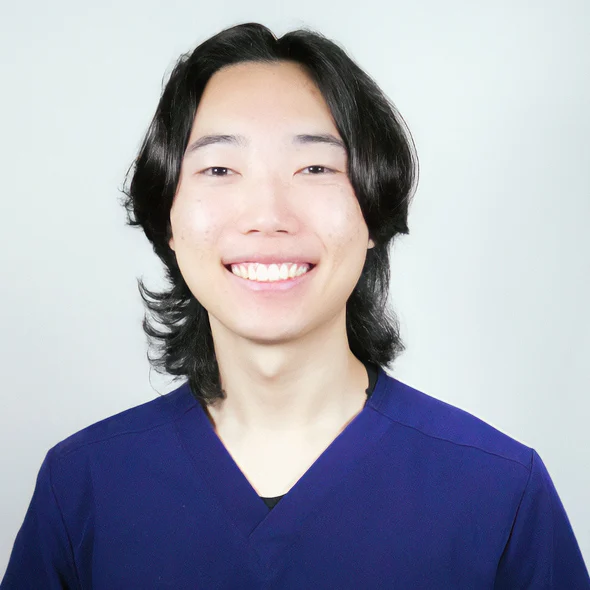What is Neuroinflammation?
Neuroinflammation occurs when the nervous system becomes inflamed. Several factors can trigger this condition, including traumatic brain injuries, infections, harmful metabolites, and autoimmunity. While these are among the most common causes, neuroinflammation can result from many other conditions as well.
Inflammation often produces noticeable symptoms such as fatigue, fever, mouth sores, pain, swelling, rashes, and abdominal or chest discomfort. It can affect various tissues throughout the body, including the brain, heart, and gut. When inflammation spreads, tissues struggle to absorb nutrients properly, leading to vitamin and nutrient deficiencies. As a result, many people experience extreme fatigue and a persistent sense of exhaustion that makes daily activities feel overwhelming.
How Can a Hyperbaric Oxygen Chamber Help With Neuroinflammation?
When tissues in our body are damaged our body will send more blood their way because our blood is filled with important nutrients and molecules that help with healing the damaged tissue. The hyperbaric oxygen chamber delivers oxygen to your tissues at three times higher pressure. Delivering oxygen at a higher pressure means that more oxygen will be delivered to the tissues than normal. A normally long process is therefore expedited by the hyperbaric chamber. After continuous hyperbaric oxygen treatments, patients should be able to notice a difference with how they are feeling and see an improvement in the symptoms that they initially had.
What Happens During a Hyperbaric Oxygen Therapy Session?
The length of a session depends on your healthcare provider’s recommendations. Typically, a session lasts about 1.5 hours. Once inside the chamber, you will sit comfortably while the oxygen pressure increases.
During the session, you might experience a plugged-ear sensation, similar to what happens when driving up a mountain or flying in an airplane. Swallowing or chewing gum can help relieve this feeling. After treatment, some people feel lightheaded, fatigued, or develop a mild headache—all normal signs that the body is adjusting.
Not everyone qualifies for HBOT. Those who have recently undergone ear surgery, have a cold, or suffer from certain lung conditions may not be candidates for treatment.
If you have any questions about Hyperbaric Oxygen Therapy, we encourage you to reach out! Our team is happy to provide guidance and help you determine if this treatment is right for you. Call NorCal Brain Center at (408) 585-5275 to schedule a consultation.







